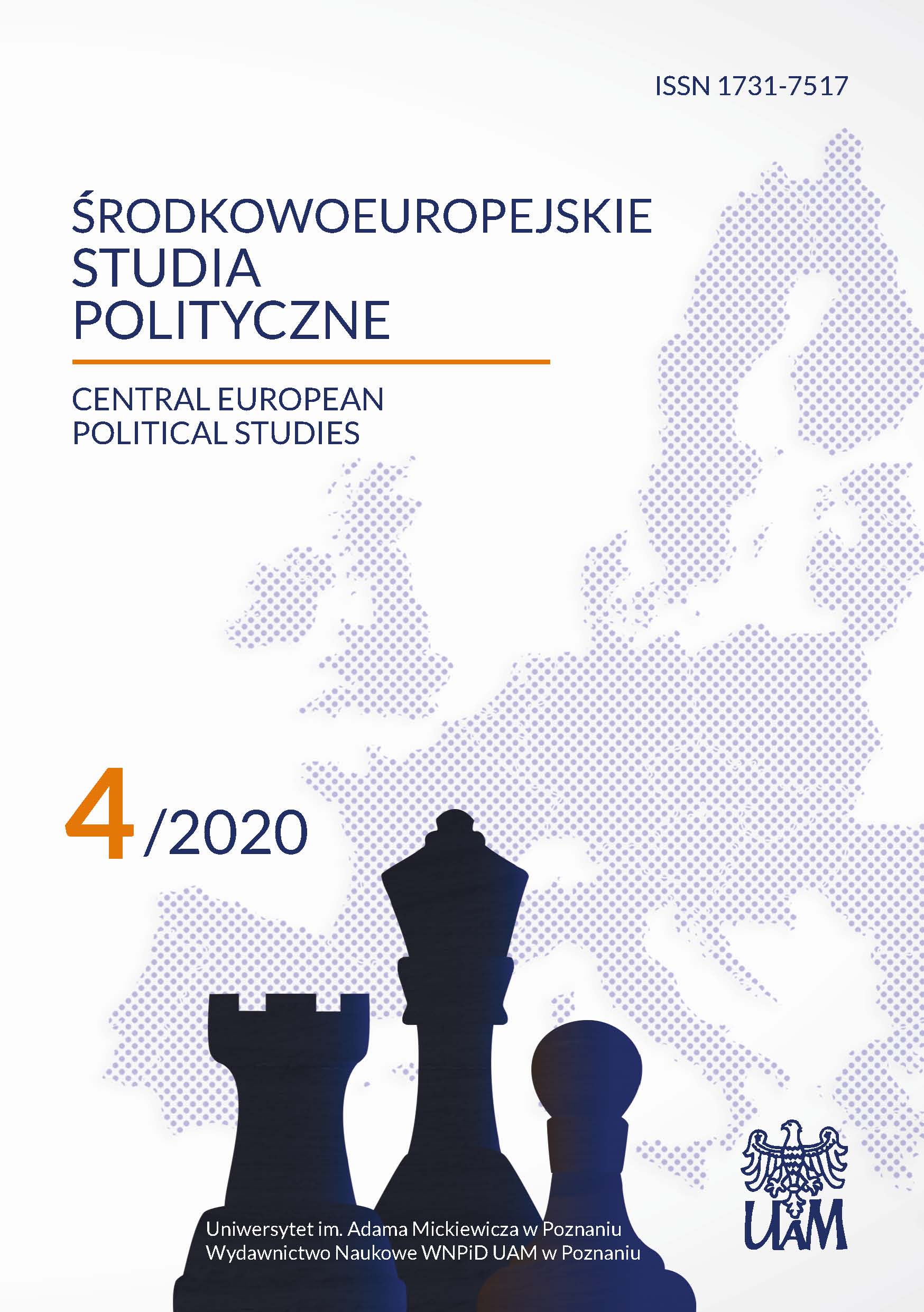Становление и развитие современного института губернатора в России (на примере Иркутской области)
The formation and development of the modern institution of governor in Russia (on the example of the Irkutsk region)
Author(s): Yuriy Zulyar, Raksana Zulyar, Mikhail RybalkoSubject(s): Politics / Political Sciences
Published by: Uniwersytet Adama Mickiewicza
Keywords: Russian Federation; Irkutsk region; governor’s office; Russian model of federalism; Boris N. Yeltsin; Vladimir V. Putin; regional policy
Summary/Abstract: The study of the creation process, formation and development of the contemporary model of Russian federalism requires an analysis of the institution of governor, which is one of the key elements of the Russian state. In the post-Soviet period, there were two trends within the Russian federalist system: centralization and decentralization; currently the former is dominant. The role of governor (head of the region) is essential and decisive in the interaction between the federal and regional power elites. However, formally, the heads of regions of the Russian Federation have equal rights and the same range of powers. In reality, this is not the case, but the reasons for this are purely subjective. The elites in every region are oriented towards and associated with the country’s ruling class, but not consolidated within megaregions. In the course of complex and difficult search, the country’s leadership developed an imperial model of effective federalism, in the formation of which the Soviet experience was taken into account. The main principle of this model is that the status of a head of the region corresponds to that of a federal official but the former is not a representative of the regional elite and much less its leader. It is highly problematic to implement this principle as it contradicts the instrument of direct elections of governors. However, Presi dent Putin, who has the right to remove the head of any region, guarantees that they do not pursue any anti-state policy or commit official crimes, and that they do not have criminal past. In order to ensure the effective functioning of this model, the center tries to prevent the transformation of regions into platforms for developing individual careers and delegates the representatives of federal elites who are not associated with the regions as their heads. At the same time, special importance is given to their partisanship reflected by their membership of or sympathy for the ruling United Russia.
Journal: Środkowoeuropejskie Studia Polityczne
- Issue Year: 2020
- Issue No: 4
- Page Range: 111-128
- Page Count: 18
- Language: Russian

